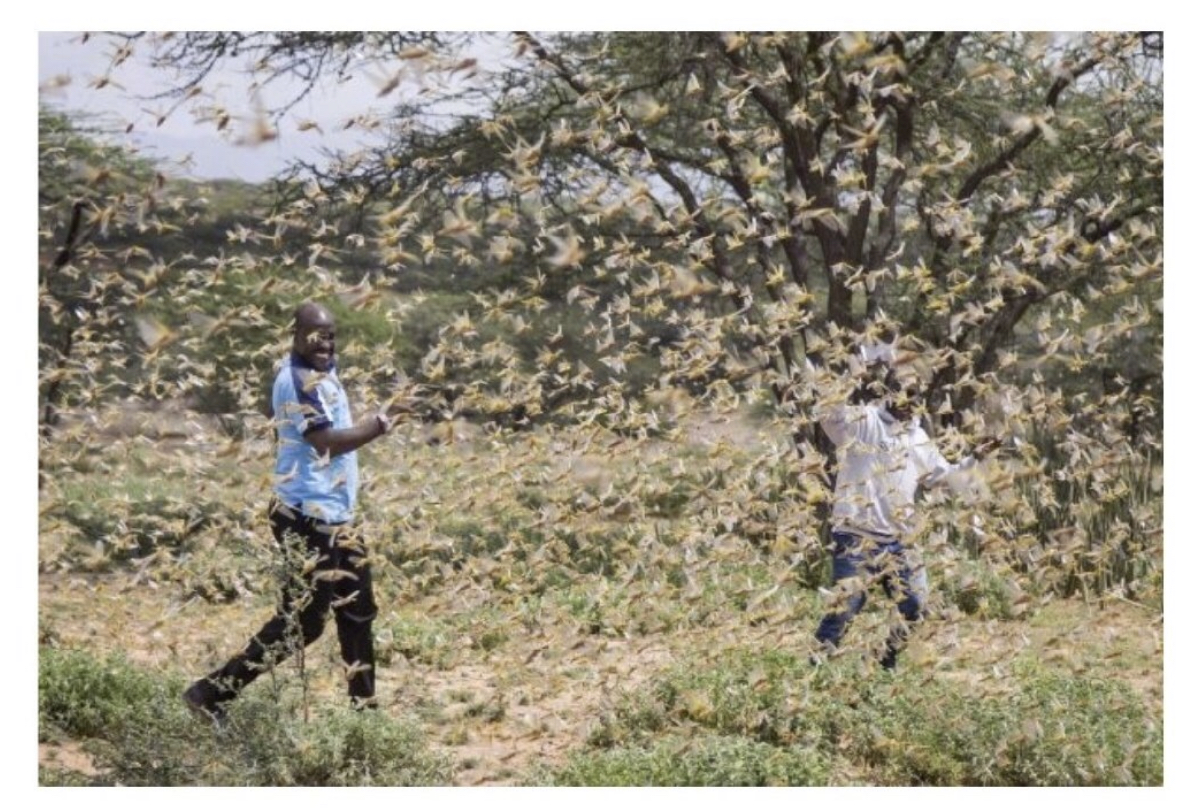At the start of 2020, a locust infestation made its way into more than 20 countries from West Africa to East Africa and from West Asia to South Asia. At present, the affected area comprises more than 16 million square kilometers.
The U.N. Food and Agriculture Organization said that the Horn of Africa is a severely hit region, where Ethiopia, Djibouti and Somalia suffered the worst locust infestation in the past 25 years, whilst Kenya is experiencing its worst locust infestation in 70 years. At present, a report stated that locusts in the Horn of Africa are still breeding, which will form new locust swarms in March and April. Therefore, a further locust infestation in Ethiopia, Somalia and Kenya is expected.
According to the report, in Ethiopia, the food shortage situation of the over 22 million people will worsen with the locust infestation. According to the Ministry of Agriculture of the country, some 65,000 hectares of crops have been affected. The Ethiopian government is calling for strengthened regional and international cooperation to contain the locust infestation and curtail its spread to more countries.
The locust plague has further exacerbated the food security problem in Djibouti. Of the more than 1 million people in this small country in East Africa, 280,000 people are facing a famine. More than 80% of the country's 1,700 farms and pastures have been invaded by locusts. Uganda's Intergovernmental Authority on Development said that a locust swarm with a length of 60km and a width of 40km has formed in Uganda, which can travel up to 150km a day.
The spread of the locust swarm will boost the demand for insecticides. At present, the ideal way to control locusts is killing the locust in its egg stage. 
